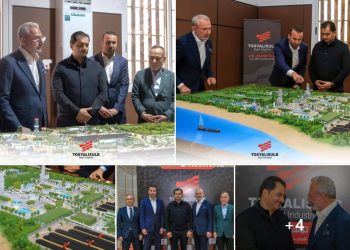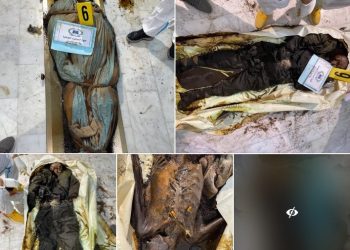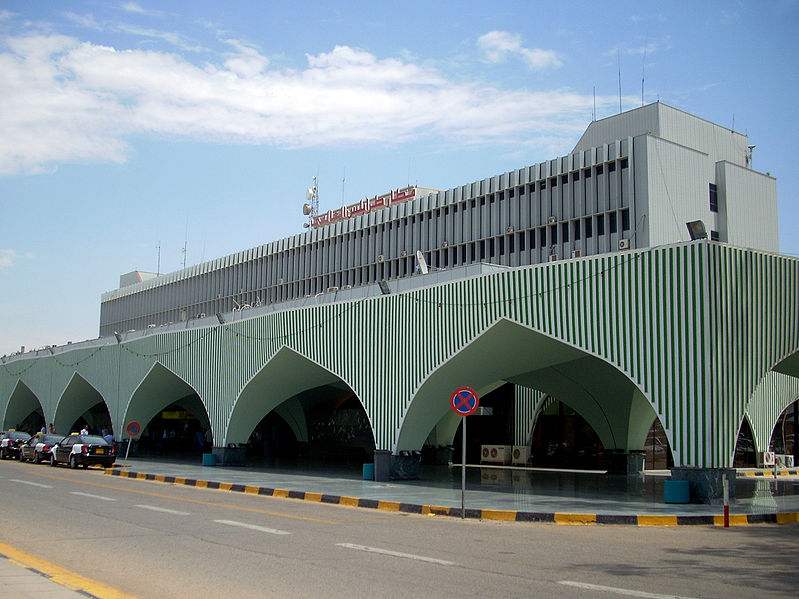By Sami Zaptia.
Tripoli, 20 January 2014:
Speaking live from Sebha in an interview on the Qatar-based Libya Al-Ahrar statellite TV channel, . . .[restrict]Prime Minister Ali Zeidan said that he did not “covet” the job of Prime Minister.
Zeidan said that doing the job of Prime Minister was a national, patriotic duty “I am a struggler” for Libya’s (anti-Qaddafi) cause, he added.
Regarding the possibility of being voted out of office by the GNC as he was on air, Zeidan insisted he was indifferent to being voted out by the GNC, if an agreed replacement is found. He nevertheless warned of the possibility of a power vacuum and the further ineffectiveness of a caretaker government.
Zeidan added that if people complain that his government was not achieving enough, a caretaker government, which would follow if his government was voted out, would by definition achieve even less.
Asked about accusations that he or his government were corrupt, Zeidan insisted that he has never been corrupt.
With regards to the ineffectiveness of his government, Zeidan said that his government was opposed from day one by some groups, including the Justice and Construction party (J&C) Islamist party and the Loyalty to the Martyrs’ Blood block.
Asked why did he choose to come out in an interview now and name those who oppose the progress of his government, he said that he was reacting to public demands.
In general, Zeidan seemed to lay the blame of the lack of achievement by his government on the GNC and the Libya’s post revolutionary phase.
Questioned about the existence of Jihadists, criminals and terrorists in Libya, Zeidan said such groups exist all over the world and Libya is no exception. However, he would not label or name groups existing in Libya.
With regards to criminal or terrorists that had been arrested by the Libyan authorities, but have never been named or officially charged or brought to trial, Zeidan said that it was not his job to name them, but that it was up to the district attorney.
On the subject of the blockade of Libya’s oil ports in the east by the federalist Ibrahim Jadran, which has brought Libya’s oil production crashing down from 1.5 million bpd to around 600,000 bpd, Zeidan said that he had wanted to avoid bloodshed that might result from military confrontation amongst Libyans, and that it was the GNC that had requested he took no military action.
It is noteworthy that Prime Minister Ali Zeidan chose to give an exclusive interview on the very evening when the GNC was about to carry out a vote of no confidence in him and his government.
It is also of note that that vote subsequently happened to be postponed again until today. It will, therefore, be interesting to see if Zeidan’s one hour interview has any effect on the final outcome of the vote of no confidence.
Zeidan has made only a handful of exclusive interviews with the media in his one year in office, despite numerous demands by the media.
He has had a cool relationship with the media, shunning interacting with it on a sophisticated level, and shunning demands for interviews where he is questioned deeply, preferring the once-weekly press conferences where he generally only accepts 5-7 questions, with no comebacks.
His decision to grant an exclusive, in-depth, live, one hour interview must then be seen as significant. Zeidan also chose a Qatar-based TV channel as opposed to a locally-based TV channel, or the state-owned “official” Wataniya channel. [/restrict]









